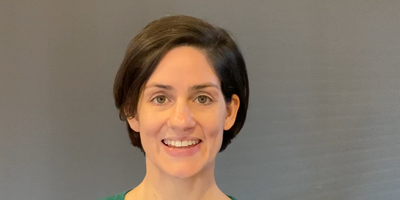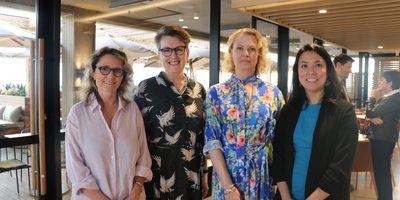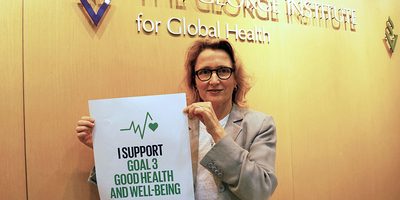
Stakeholder forum: development and implementation of policies for the collection, analysis and reporting of sex and gender data in health and medical research
On May 19, the Sex & Gender Policies in Medical Research project team of The George Institute and the Australian Human Rights Institute at UNSW Sydney, hosted a targeted virtual event. Almost 50 stakeholders participated in a lively discussion, identifying barriers and facilitators for the development and implementation of policies for the collection, analysis and reporting of sex and gender data in health and medical research in the Australian context. Stakeholders represented a range of critical perspectives across the health and medical research sector including researchers, clinicians, policy makers, advocates and community organisations.
The discussion of barriers and facilitators for developing and implementing these policies highlighted several priority themes, including:
1. The need for institutional and individual leadership and buy-in to drive, monitor and support such policies.
2. The challenges that arise due to a lack of consistent and universally accepted understanding, language and terminology for sex and gender across disciplines, organisations and sectors.
3. Limitations of current research methods for recruitment, data collection and analysis, and the need for a cultural shift, as well as training and support for researchers to adopt new approaches.
These, along with other discussion points, will be incorporated into our future research and strategic priorities.
This event was a follow-up to the 2018 forum – Ensuring the collection, analysis and reporting of sex and gender specific health data in Australia - hosted by The George Institute for Global Health and Bupa Health Foundation, with international guest Professor Londa Schiebinger. Importantly, since the event in 2018 a call to action was published in the Medical Journal of Australia, and, in collaboration with the Australian Human Rights Institute at UNSW Sydney, The George Institute secured three years of philanthropic funding to continue and expand this work.









